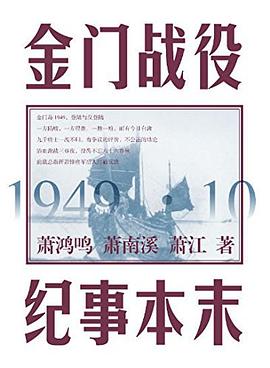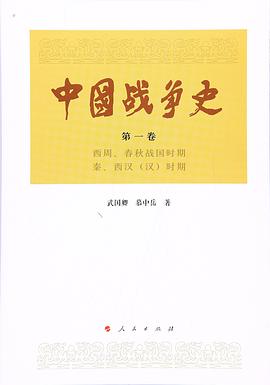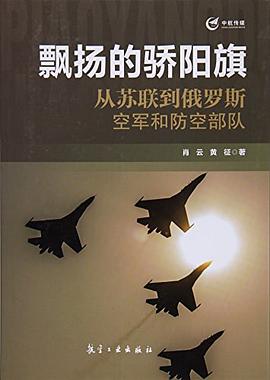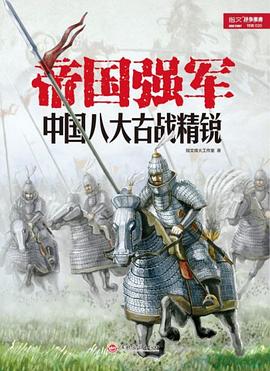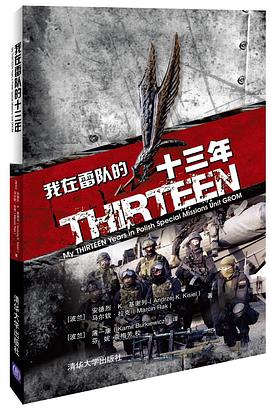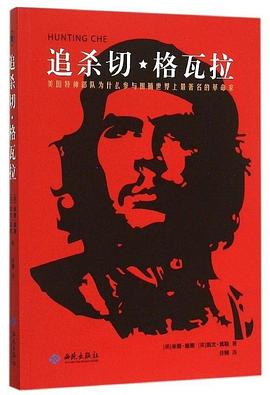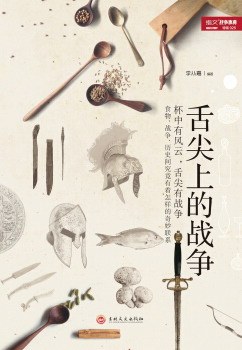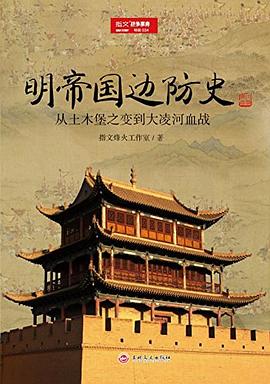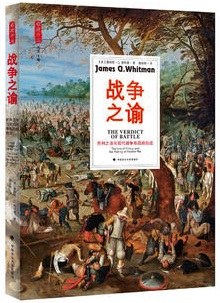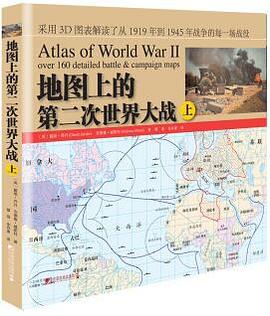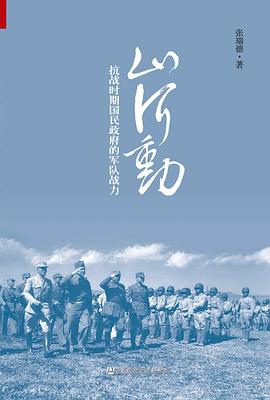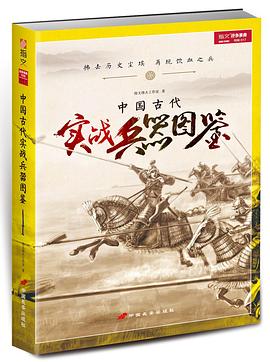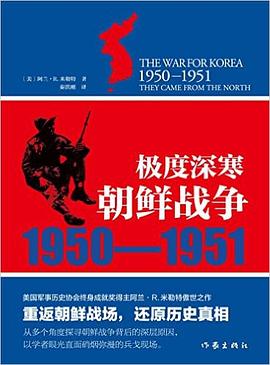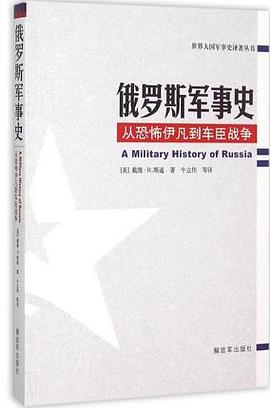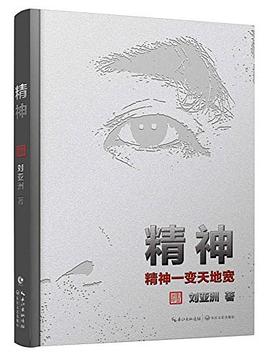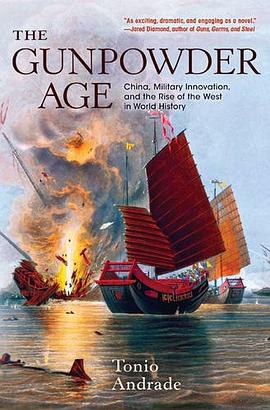

具體描述
Tonio Andrade is professor of history at Emory University and the author of Lost Colony: The Untold Story of China’s First Great Victory over the West (Princeton) and How Taiwan Became Chinese.
The Chinese invented gunpowder and began exploring its military uses as early as the 900s, four centuries before the technology passed to the West. But by the early 1800s, China had fallen so far behind the West in gunpowder warfare that it was easily defeated by Britain in the Opium War of 1839–42. What happened? In The Gunpowder Age, Tonio Andrade offers a compelling new answer, opening a fresh perspective on a key question of world history: why did the countries of western Europe surge to global importance starting in the 1500s while China slipped behind?
Historians have long argued that gunpowder weapons helped Europeans establish global hegemony. Yet the inhabitants of what is today China not only invented guns and bombs but also, as Andrade shows, continued to innovate in gunpowder technology through the early 1700s—much longer than previously thought. Why, then, did China become so vulnerable? Andrade argues that one significant reason is that it was out of practice fighting wars, having enjoyed nearly a century of relative peace, since 1760. Indeed, he demonstrates that China—like Europe—was a powerful military innovator, particularly during times of great warfare, such as the violent century starting after the Opium War, when the Chinese once again quickly modernized their forces. Today, China is simply returning to its old position as one of the world’s great military powers.
By showing that China’s military dynamism was deeper, longer lasting, and more quickly recovered than previously understood, The Gunpowder Age challenges long-standing explanations of the so-called Great Divergence between the West and Asia.
用戶評價
##處所謂“中心”者反思歐洲中心主義最甚,此書廓清一個重要觀點:“任何情況下,軍事現代化的動力都不該狹隘地理解為西方化”。書從宋朝講起,至於大清帝國覆滅,以火器戰爭為中心視野貫穿,視其為曆史發展的重要推動力。近代中國之落後西方——所謂“大分流”,認為最大緣由在...
評分 評分##作者做瞭大量功課(引用豐富資料)來研究火炮時代以中國為代錶的東亞(也包括日本和朝鮮)與歐洲在使用火炮方麵的優劣。 中國在宋朝即有使用火器的記載,元末明初中國率先進入火藥時代。由於中國城牆普遍高大堅固,火器難以撼動,因此火器偏重小型化和人員殺傷,而歐洲城牆相對...
評分- 從颱灣'故事'網知道瞭《火藥時代》這本書,遂嚮樂文訂購,中間雖有些延誤,但也是支持獨立書店之選擇。 - 作者從戰爭史的角度,迴顧火藥在歷史中國的應用,以及同期歐洲國傢的狀況,偶爾也會(如談大砲)提及鄂圖曼帝國甚至殖民地前的印度在火藥上的應用。 - 作者的觀點認為...
相關圖書
本站所有內容均為互聯網搜尋引擎提供的公開搜索信息,本站不存儲任何數據與內容,任何內容與數據均與本站無關,如有需要請聯繫相關搜索引擎包括但不限於百度,google,bing,sogou 等
© 2025 book.cndgn.com All Rights Reserved. 新城书站 版權所有

